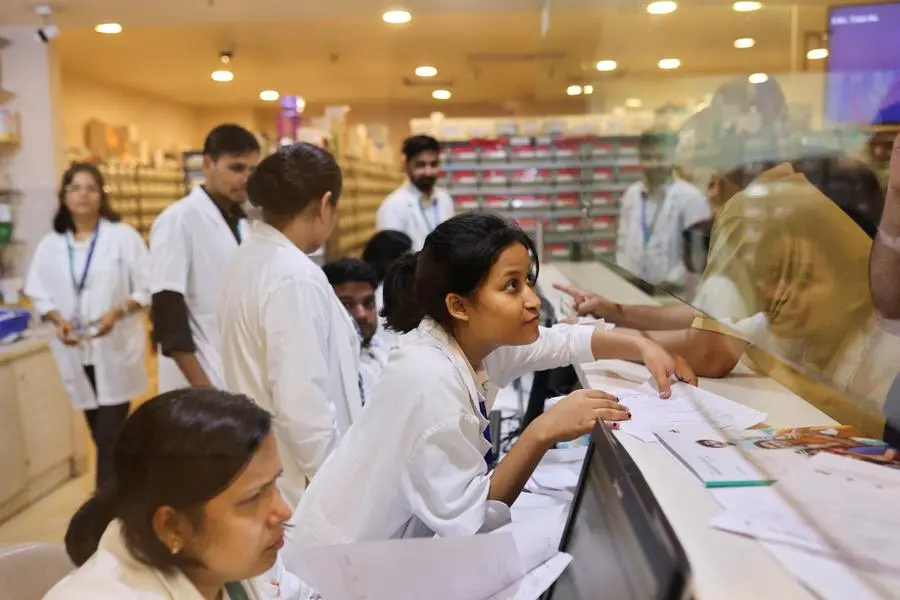PHOTO
NEW DELHI - India is demanding higher standards from small and medium-sized drugmakers, the health minister said on Tuesday, in a bid to improve product quality after Indian-made cough syrups were linked to deaths of children overseas.
India's image as the "pharmacy of the world", offering cheaper alternatives to Western products, took a hit following the deaths of at least 89 children in Gambia and Uzbekistan last year after consuming cough syrups made in India.
Indian health authorities have denied any link between the deaths and cough syrups made in India. Companies who manufactured the syrups have also denied wrongdoing.
On Tuesday, Health Minister Mansukh Mandaviya said on Tuesday there was a need for self regulation in the sector but said that 'Schedule M' of the Drugs and Cosmetics Act, 1940 - which details good manufacturing practices - would be made compulsory for the micro, small and medium-sized firms (MSME) in a phased manner.
"This will help in quality assurance and also reduce compliance burden," the minister said after meeting representatives from the sector.
India classifies small and medium-sized companies as having annual revenue of between 50 million rupees ($606,619) to 2.5 billion rupees ($30 million).
India has tightened scrutiny of cough syrup exports since last month, making it mandatory for companies to obtain a certificate of analysis from a government laboratory before exporting products.
The country's national and state drug regulators have taken action against 105 pharmaceutical companies after risk-based inspections and audits found their products did not meet quality standards, Mandaviya said.
His meeting with industry representatives comes on the heels of concerns raised on risk-based inspections by a unit of a powerful Hindu group that is close to Prime Minister Narendra Modi's political party.
Laghu Udyog Bharati, an affiliate of the Rashtriya Swayamsevak Sangh, which is the ideological parent of Modi's party, had called for a rework to these inspections in a letter to the health ministry, seen by Reuters, before it retracted the letter saying it was issued inadvertently.
($1 = 82.4240 Indian rupees)
(Reporting by Shivam Patel; Editing by David Goodman and Emelia Sithole-Matarise)





















